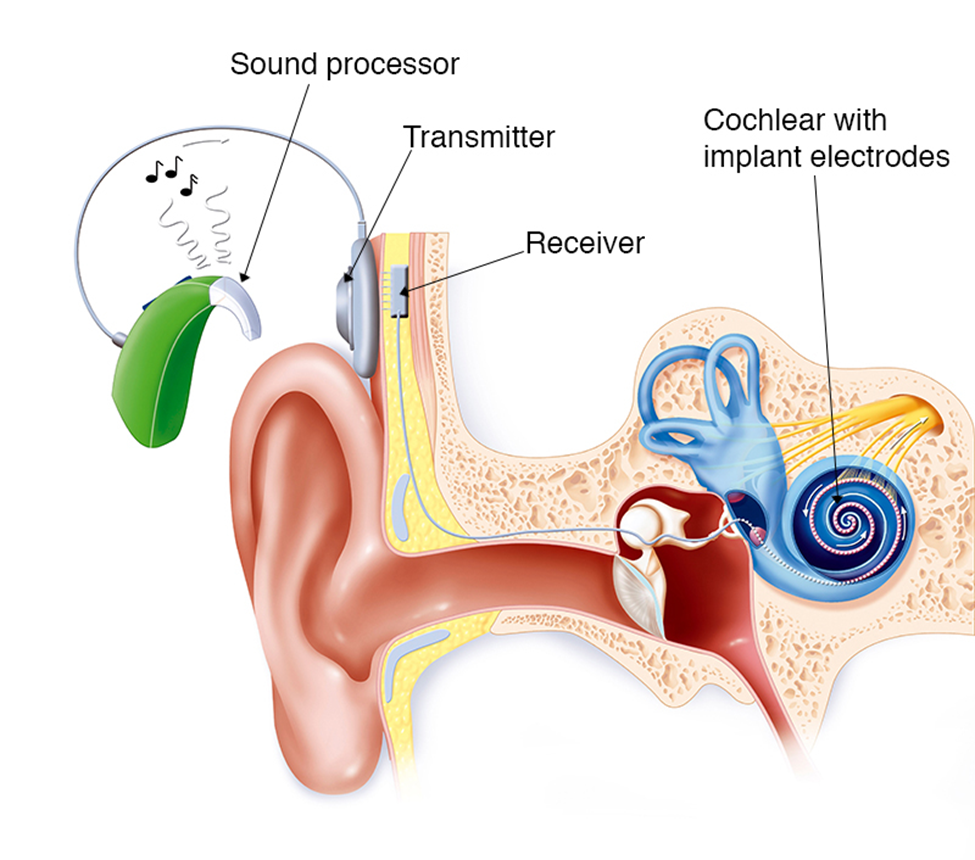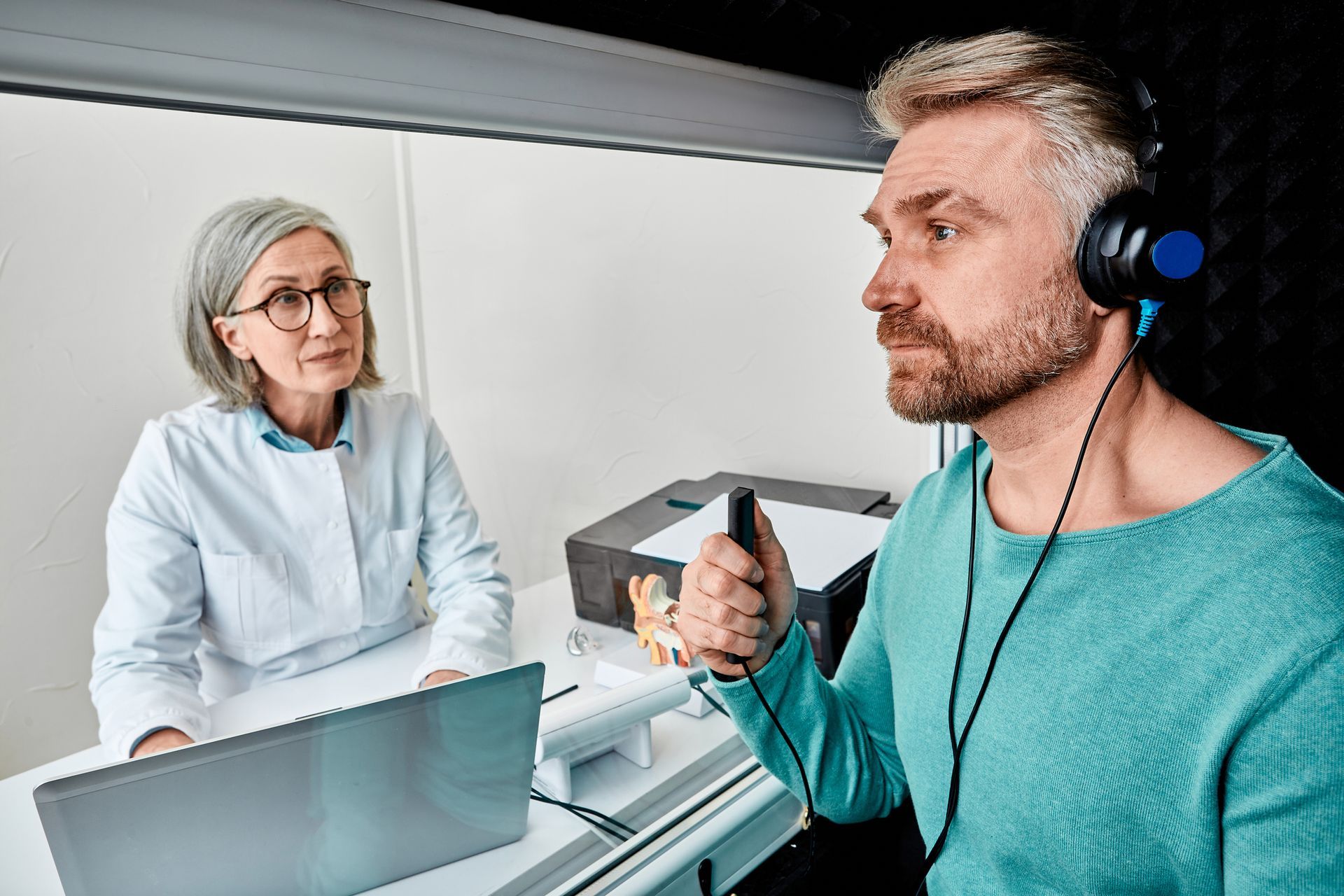May Is Better Hearing Month
May is Better Hearing Month and we want to encourage everyone to make an appointment with an audiologist for a hearing test.
Hearing loss impacts a large number of Americans. Of the more than 36 million Americans who experience hearing loss, 30 percent are 65-74 and 47 percent are 75 years of age or older. Most of these people could benefit from the use of some type hearing device (hearing aids, cochlear implants, or bone-anchored hearing aids). As the baby boomer population ages, more Americans are forced to face hearing health challenges. Growing numbers of younger Americans are also reporting hearing problems.
While age is still the greatest factor in hearing loss, many younger people also experience hearing difficulty due to exposure to loud music and noises including occupational noise. Among adults aged 70 and older with hearing loss who could benefit from hearing aids, fewer than one in three (30 percent) have used them despite growing evidence that doing so results in better long-term outcomes.
Research demonstrates that untreated hearing loss in seniors is related to poor health outcomes including significantly increased falls and dementia. Individuals with even mild hearing loss experience significant impact in the form of reduced quality of life and cognitive health.
Audiologists are the experts in hearing health. While hearing aids are the most commonly recognized treatment for hearing loss, there are many factors that go into determining the best way to manage changes in hearing. There are assistive listening devices and accessories that help those with more severe hearing loss. If the hearing loss is profound or involves middle ear pathologies, the patient may be a candidate for a cochlear implant or bone-anchored hearing aid (BAHA). Patients may also need aural rehabilitation to improve their listening skills with their hearing devices.
There are other auditory problems such as Hidden Hearing Loss or Auditory Processing Disorders (APD), which means the person has normal hearing on the audiogram but has deficits in how the brain processes information. This diagnosis requires specialized testing that can only be completed by an audiologist. When APD is diagnosed and treated appropriately, patients can learn ways to lessen their daily struggles and communicate more efficiently in various environments.
An audiologist is the specialist who is best equipped determine the underlying reason for the hearing loss and to further determine the appropriate treatment. They also offer custom options for protecting hearing.
If you or someone you know is having difficulty hearing and communicating with those around them, call 4 Bridges Audiology today to make an appointment. We are HEAR FOR YOU!












